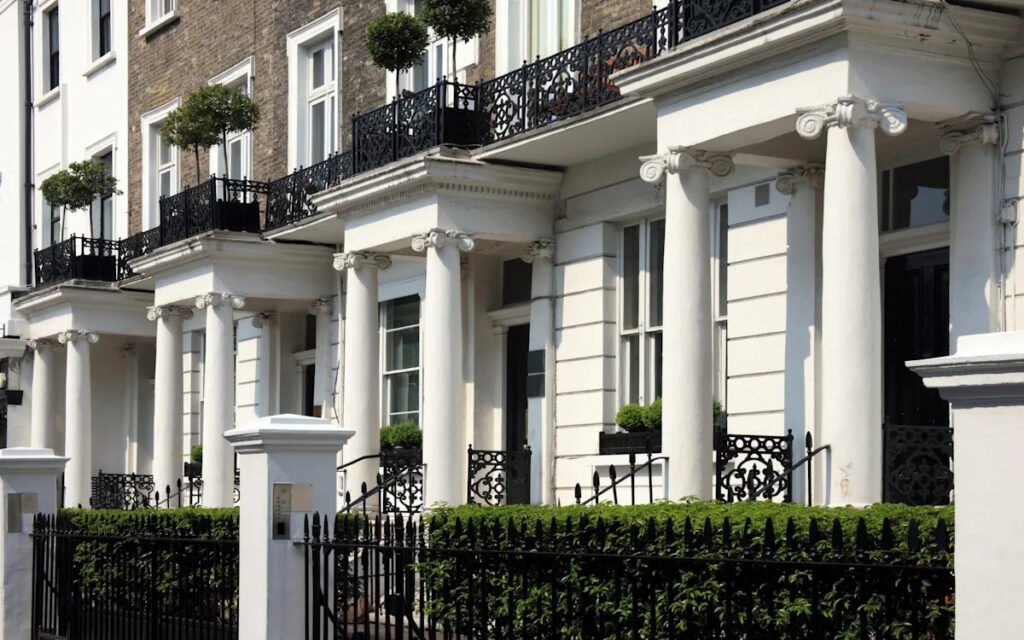Foreign second home owners should pay quadruple council tax in order to raise £200m a year, a cross-party think tank has urged.
The proposed tax raid is one of a series of reforms put to Rachel Reeves by Demos ahead of this autumn’s Budget.
Other suggested tax increases include subjecting landlords’ rental income to National Insurance, aligning capital gains rates with income tax and introducing a penalty for investors leaving the UK. In total, Demos calculated the reforms could raise £21bn.
The think tank suggested overseas second home owners should be saddled with a 200pc premium. This would come on top of the 100pc premium the vast majority of second home owners, regardless of their nationality, have been paying since April this year.
It said a 400pc council tax rate for non-native second home owners would deter foreigners from accumulating property and reduce house prices.
Researchers said the policy takes inspiration from Vancouver, where an annual 2pc “speculation tax” is applied to all residential property owned by people who do not pay income tax in the province. Similarly, overseas buyers have to pay an “additional property transfer tax” of 20pc on Vancouver purchases.
There are thought to be between 56,900 and 75,900 second homes owned by non-UK residents that are not rented out or lived in throughout the year. The majority of these are in London, with a host of second homes owned by billionaires.
In England, the average highest second home council tax bill is Surrey Heath’s £6,342, according to Telegraph analysis. This takes into account the 100pc premium introduced by the council earlier this year.
If a further 200pc overseas penalty be added, the bill would rise to £12,684.
Dan Goss, lead researcher at Demos, said: “The public can get behind tax rises if designed with their priorities in mind.
“The pursuit of a fairer tax system is a vital step towards fixing the fraying social contract between citizen and state.”
The think tank also urged the Chancellor to introduce a new tax aimed at targeting owners of expensive homes. It said a 1pc tax on the value of property wealth over £2m should be introduced alongside a 2pc rate on estates worth more than £3m.
Forecasts show such a policy, which would affect around 142,500 homes, would raise £1.5bn a year.
Alternatively, Demos suggested raising council tax for the top bands of E to H. Progressively increasing charges by up to 22.5pc would impact less than 20pc of England’s homes and “involve very few administrative challenges”, researchers said.
“Taxation on housing property is widely seen as one of the most efficient forms of taxation, as behavioural responses are low.”
Property tax reforms could be on the agenda for November’s Budget as Ms Reeves looks to fill a public finances hole of about £20bn.
The Chancellor would not repeat Labour’s manifesto promise that taxes on “working people” would not be increased during a round of interviews on Monday.
Targeting landlords and fleeing investors
Most residential landlords do not currently pay National Insurance contributions (NICs). But Demos said this means landlords “benefit from tax advantages by receiving income from rent rather than from employment, which can be unfair and unproductive”.
As a result, it believes the Government should create a new class of NICs, with a basic rate of 20pc and a rate above £50,270 of 8pc.
A round-up from a focus group reported that “very few people are aware that landlords do not pay NICs. When learning this, most people see this as unfair, and some as a loophole”.
As well as also calling for capital gains rates – which currently hit a maximum of 24pc – to be brought in line with income tax bands, the think tank also mooted introducing an “exit tax” for those who leave the UK.
Upon exit, all gains acquired while they were a UK resident should be taxed, whether they have been realised or not. Currently, when a resident leaves, their assets are only liable for capital gains if sold within the following five years.
Taxing unrealised gains would “reduce the ability for the internationally mobile to avoid capital gains tax while others cannot”, Demos argued.
Polling by Opinium in April found that the proposal had a 39pc support rate among Reform UK voters.

